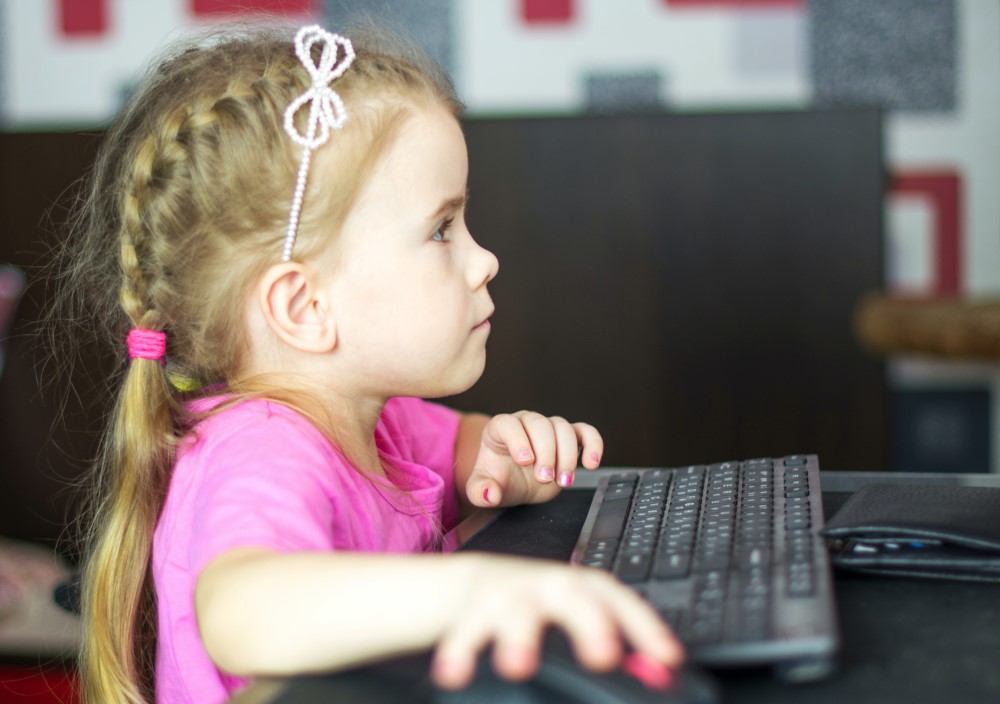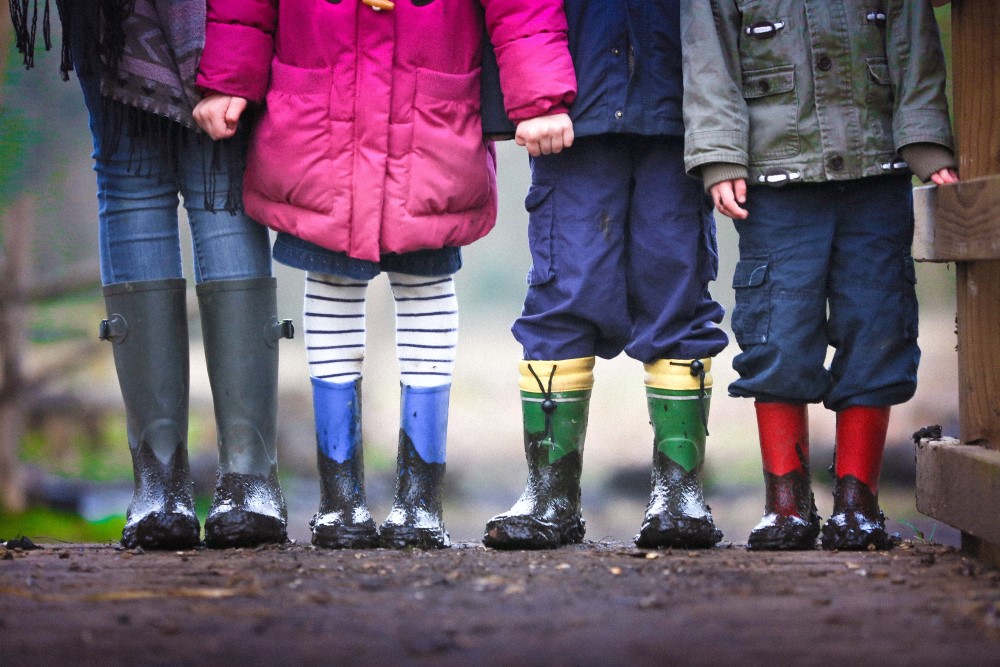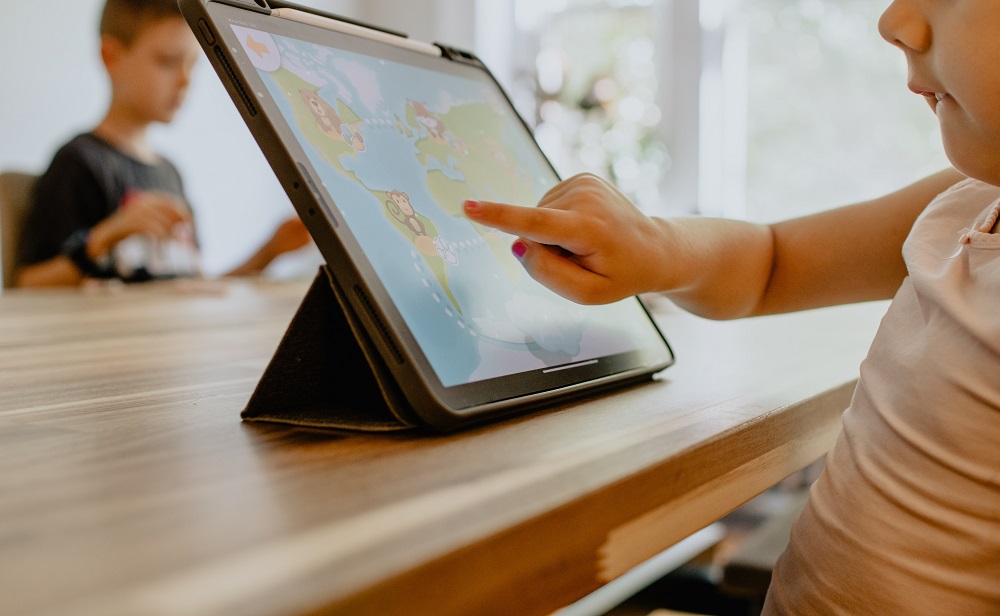The COVID pandemic and the continued levels of uncertainty and restrictions in place across the UK is an unprecedented situation. It is something which is continuing to affect our lives and we have no real idea of how long it will continue to do so. It will be hard to gauge the full impact the pandemic is having on children and young people’s mental health until we emerge from it.
Pupils’ experiences of the pandemic will have varied greatly. Some will have felt safe and will have enjoyed their time at home with their family. For others, it will have been a challenging or even traumatic experience. Schools and teachers are used to supporting their pupils through challenges they may face in life, but this pandemic has been a new experience for everybody and so teaching staff may feel overwhelmed at how exactly to best help their pupils at this time.
Tips for teachers – Supporting pupils to return to school
Teachers are likely to already be aware of the experiences that their pupils have faced during the pandemic and will be familiar with the specific challenges that your school community is facing.
Things to keep in mind:
- One size will not fit all – The children in a class will have had very different experiences and will also have varying levels of coping skills to deal with those experiences.
- Learning might have to wait – Pupils may not feel able to learn at the same pace as they did before. Their heads may be full of worries, and so, concentrating on learning may be challenging. Pushing them to do more than they feel able to do will lead to more feelings of stress and overwhelm. Take it slow and acknowledge that you may need to allow time for the children to work through their experiences before they are ready to learn.
- Attachments have been disrupted – Children may have experienced disrupted attachments due to restrictions put in place during the pandemic. They may have been separated from parents or grandparents, as well as their teachers and friends. This is likely to have caused some level of emotional distress.
- Trauma – This may sound dramatic but unfortunately it is the reality for some children. Whether this is the trauma of losing someone to COVID-19 or through having a turbulent and traumatic home life, some children will have had a very difficult time.
Supporting your pupils during the pandemic and beyond will draw on many of the skills that teachers already use day-to-day to provide their pupils with emotional and academic advice and guidance.
Be mindful
It is highly likely that pupils are dealing with more worries, thoughts, and stress than usual. Mindfulness is a useful skill to help them begin to manage some of those feelings.
Ideas you could try:
- Have the class think of some things to do when they are feeling worried. This may include having a ‘worry buddy’ to talk to, writing their worries down (lots of classes have a ‘worry box’ or ‘worry monster’ who will ‘eat’ the children’s worries), thinking about someone who makes them feel safe, or noticing their senses – what can they see, hear, taste, smell and feel?
- Use a ‘time-out’ system more flexibly. Give pupils the time and space to take some quiet time to read or rest or sit quietly when they are feeling overwhelmed.
- Lead the class in a short breathing exercise. Remind them they can use this to help them feel calm and focused if they start to feel worried.
Offer opportunities to talk
Providing opportunities to talk will be key in helping the children to start opening up about their worries and understanding how they are feeling. Some may not know right away how they are feeling, and others may not yet be able to put it into words. Offering on-going opportunities to talk and listen to one another can be really useful to help the children reconnect with each other and with their teacher.
Ideas you could try:
- Schedule in a weekly time for circle time. Many teachers intend to include this, but it often gets pushed out in favour of finishing up some other work from the week. Sit with the children and talk. Let them share their experiences, thoughts and feelings together – helping them realise they are not alone in their worries. Circle time can also help to re-establish skills like listening to others, turn-taking, and concentration.
- If time allows, try to schedule in some one-to-one check ins with each pupil. This is especially important for the children who are shyer and don’t want to talk about their worries in front of others in the class.
- Keep offering opportunities to talk. It may take time for the pupils to feel ready to open up about their worries. It may also take time for them to process what has happened.
Be positive
Whilst it is important to acknowledge how difficult this pandemic has been, a positive approach to the future will be helpful. Focusing on looking forward and talking about the positive things to come may help to alleviate some of the worry that pupils will be experiencing.
Ideas you could try:
- Initiate a discussion with the class about the positive things which have come out of this situation. Ask them to look for the ‘silver linings’ such as spending more time with family, perhaps they’ve made new friends or got a new pet, or maybe they’ve started a new hobby that they are enjoying.
- Ask the children to draw all the things they are looking forward to doing again once things return to ‘normal’ such as going on holiday, going to sleep-overs, having friends round for dinner, going swimming etc.
Build connections
One of the things that pupils may have lost due to restrictions, is a sense of belonging to the school community. They may not have seen their class-mates very much (if at all) and coming back together as a class may feel strange and disconnected. Whole class activities which all pupils can take part in may help them to rebuild their sense of connection to each other and to the school as a whole.
Ideas you could try:
- Creating a piece of art as a whole class is a great way to involve everyone. Pupils could work in small groups on a section of a whole piece of art or they could each work on their own piece which then all fit together.
- Singing as a group can help people feel connected. You could even work with the children to write your own class song to the tune of a popular song they already know.
- Team games during P.E lessons
More information
If you would like to know more about how we can support you with the return to school, please contact us.

 Australia
Australia Canada
Canada LATAM
LATAM New Zealand
New Zealand UAE
UAE United States
United States








